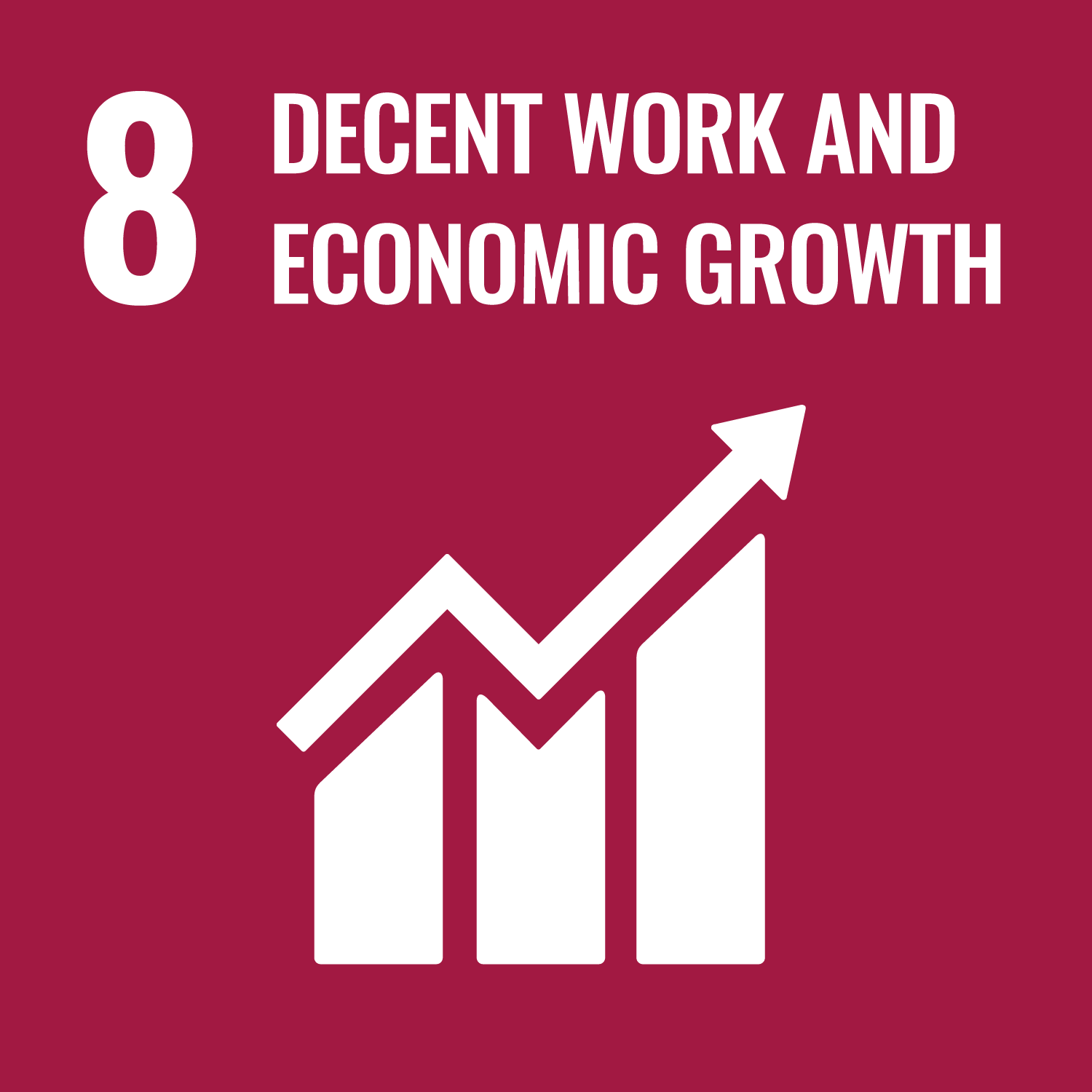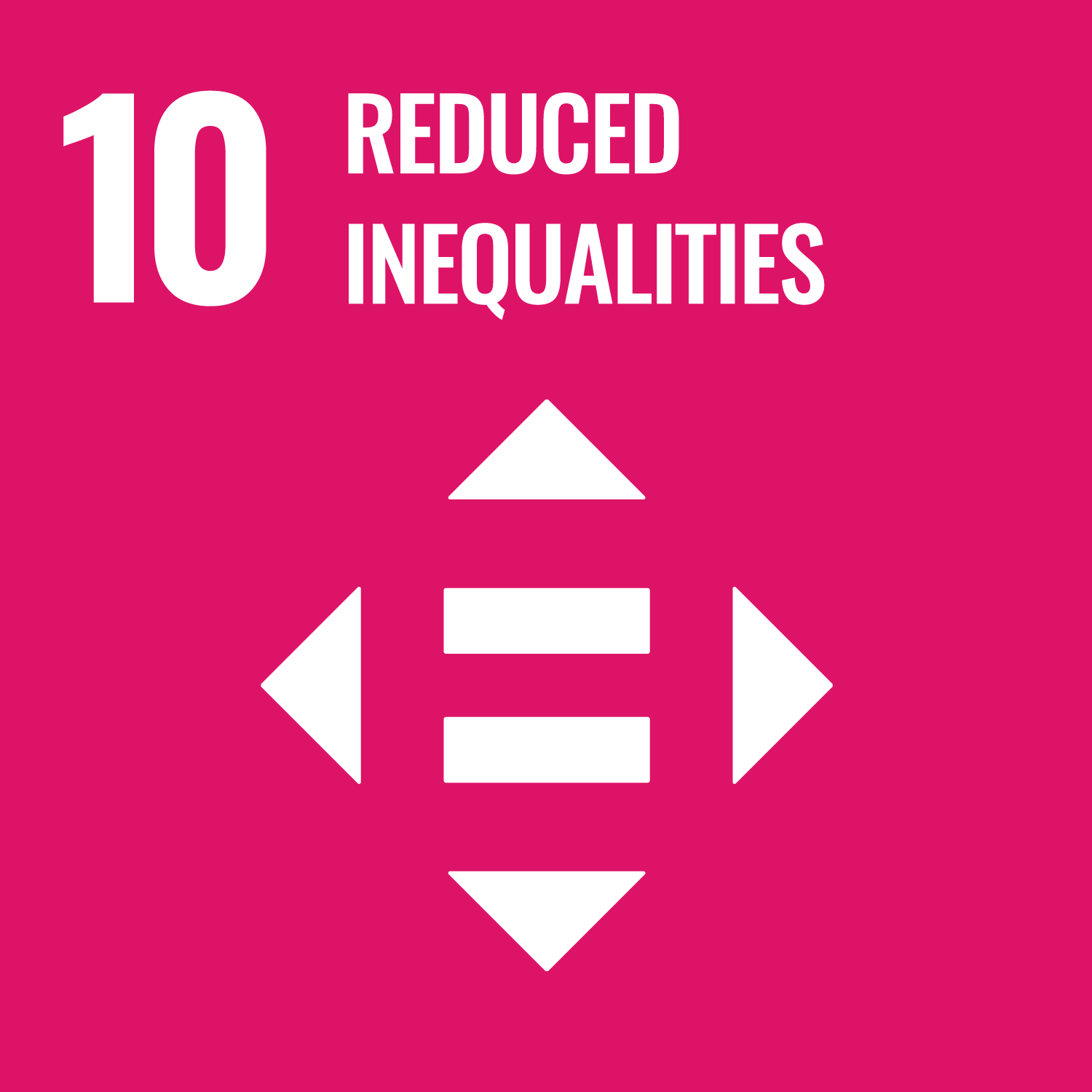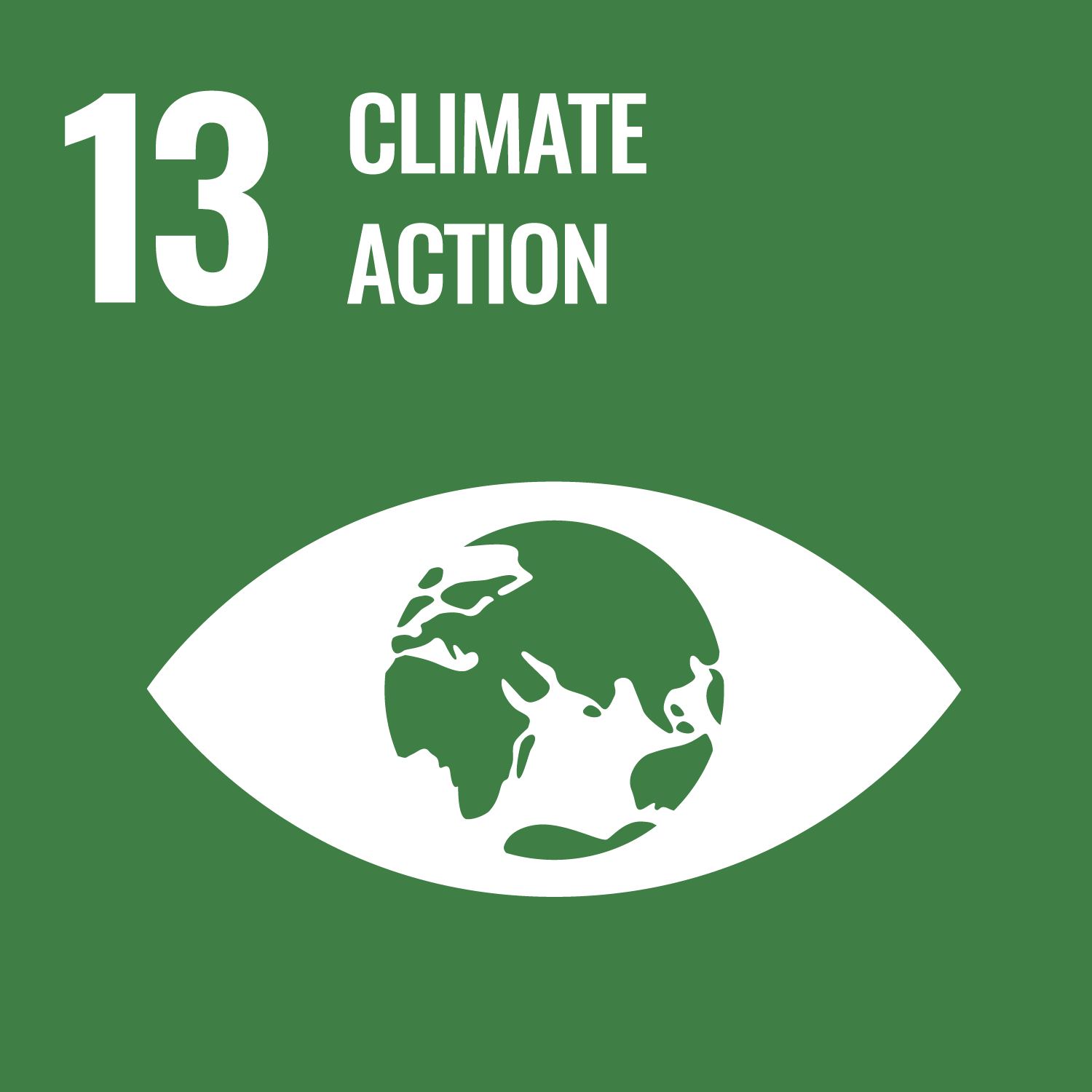ORCID
- Lucy M. Turner: 0000-0002-9052-9498
- Lynda D. Rodwell: 0000-0002-6580-2974
Abstract
Aquaculture plays a significant role in food security and provides livelihoods and employment for millions of people among coastal communities worldwide. However, the growing aquaculture sector has also created debates around its long-term ecological sustainability, economic viability, potential social inequalities and governance issues. We investigated the perceived challenges and opportunities to achieving sustainable mud crab aquaculture in tropical coastal regions by using the case study of coastal mud crab farms in Andhra Pradesh, India. Informed by perceptions and indicative financial data from a sample of stakeholders we investigated the potential economic outcomes under different scenarios representing varying yield levels, risk factors and project time periods. The main risks identified by the stakeholders were associated with the limited supply of mud crab seeds and the lack of access to governmental and non-governmental support schemes. There are no financial buffers, therefore major disease outbreaks or extreme weather conditions caused by climate change would lead to a loss of livelihoods. This paper also highlights the most critical factor determining the level of success of mud crab farming being the crab survival rate which is influenced by a variety of factors including increasing sea surface temperature. The results of this study show that small-scale mud crab farming has fewer risks and higher flexibility involved than large-scale mud crab farming. It could be an economically sustainable enterprise and serve as a tool for poverty alleviation in developing countries if microfinance support and training are available.
DOI Link
Publication Date
2023-08-01
Publication Title
Ocean & Coastal Management
Volume
242
ISSN
0964-5691
Acceptance Date
2023-06-13
Deposit Date
2023-06-19
Embargo Period
2023-06-22
Recommended Citation
Apine, E., Ramappa, P., Bhatta, R., Turner, L., & Rodwell, L. (2023) 'Challenges and opportunities in achieving sustainable mud crab aquaculture in tropical coastal regions', Ocean & Coastal Management, 242. Available at: 10.1016/j.ocecoaman.2023.106711








